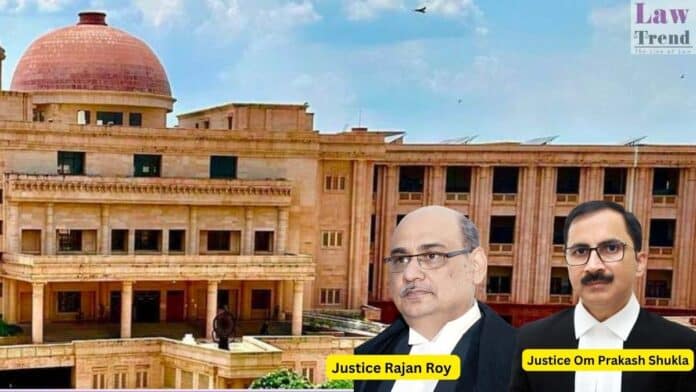The Allahabad High Court has dismissed a writ petition challenging the compulsory retirement of a judicial officer, Anil Kumar, emphasizing that even a single adverse remark on integrity can justify such a decision. The Division Bench, comprising Justice Rajan Roy and Justice Om Prakash Shukla, delivered the judgment, underscoring the critical role of integrity in
To Read More Please Subscribe to VIP Membership for Unlimited Access to All the Articles, Download Available Copies of Judgments/Order, Acess to Central/State Bare Acts, Advertisement Free Content, Access to More than 4000 Legal Drafts( Readymade Editable Formats of Suits, Petitions, Writs, Legal Notices, Divorce Petitions, 138 Notices, Bail Applications etc.) in Hindi and English.




